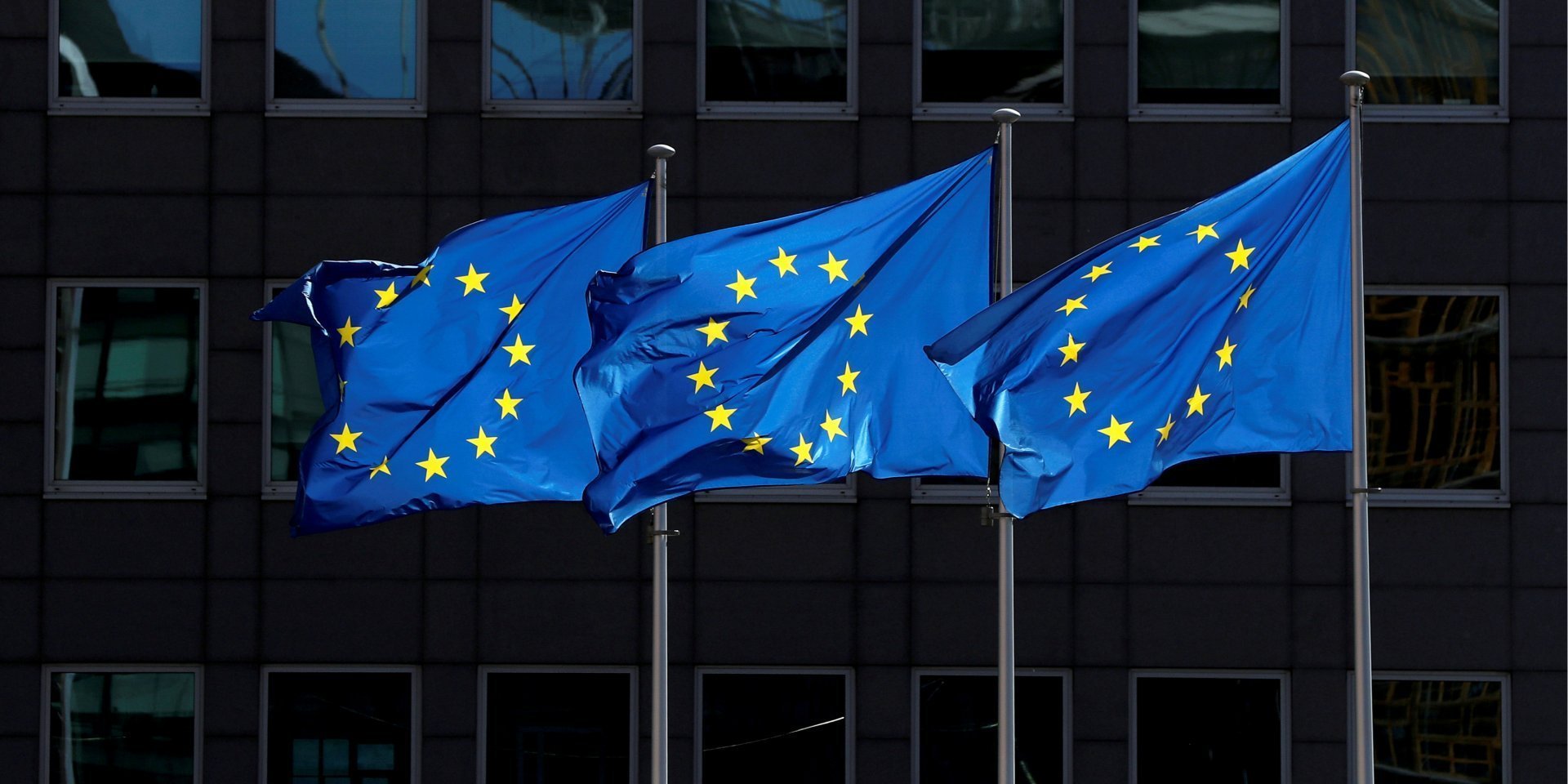- cross-posted to:
- [email protected]
- cross-posted to:
- [email protected]
The European Union is preparing an alternative plan to provide Ukraine with EUR 20 billion (22.09 billion USD) in financial support to circumvent the veto of Hungarian Prime Minister Viktor Orbán, reported the Financial Times.
The proposed mechanism could be used if Orbán’s veto cannot be overcome at the planned summit on Feb. 1., said the report.
. . .
The approach is like the EC’s COVID-19 response, when 100 billion EUR was provided to EU countries in 2020.
This option does not require guarantees from all 27 EU member states, allowing the inclusion of countries with the highest credit ratings as principal participants.



I worry about the precedent that this sets. My understanding is that the EU has been as successful as it has in large part because of the fact that many decisions like this require unanimity, and bypassing that may lead to an overall weakening of the union.
Frankly, I think the other 26 members should seriously be looking into the possibility of ejecting Hungary from the bloc. It’s absolutely absurd that Orban has been able to hold the entire EU hostage time and time again, and I don’t really see any other way to remedy the problem short of a full-on revolution in Hungary.
This had been an ongoing topic for a while and unanimity is quite frankly not very favorable at the Union’s current size, especially if it wants to expand even further. The more members you have, the harder it becomes to vote on just about anything. And it simply requires just a single bad actor to really fuck things up, which we had more than just one too. Qualified majority votes will have to be the future if the EU wants to be able to function.
The areas the EU has been successful in usually do not require unanimity. In terms of the common market, that is for the most part a simple majority or a qualified majority. That also includes a lot of environmental laws and standardization. The Euro is not used by all members and some do not want to join at all.
In terms of foreign policy we can see the problems with Orban right now. It kind of works, but as soon as anybody has a problem it starts to cause massive problems for everybody. There is a reason treaty negotiations have been started again.
There is no process for ejecting a member state.